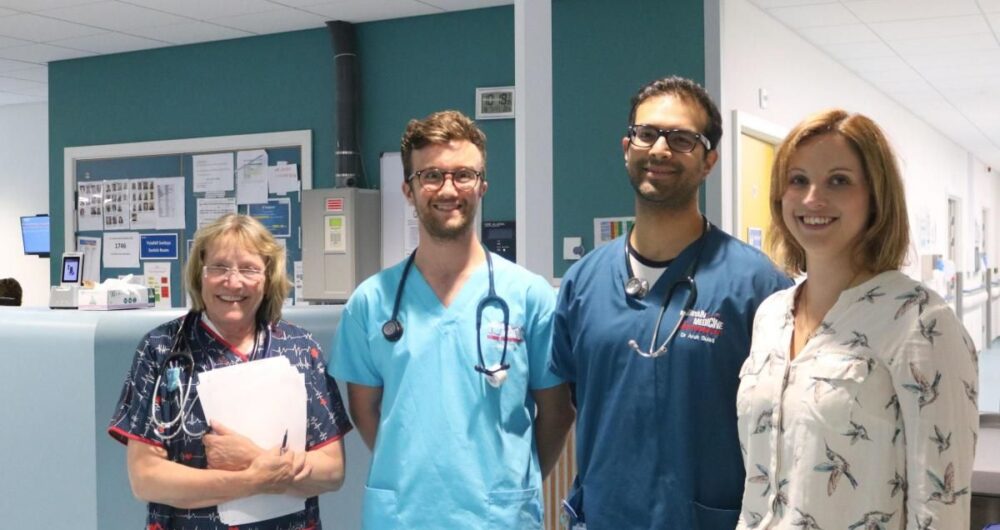Almost 900,000 public sector workers, including doctors and teachers, are to get an above-inflation pay rise in recognition for their service during the pandemic, according to BBC News.
Chancellor Rishi Sunak said: “These past months have underlined what we always knew, that our public sector workers make a vital contribution to our country and that we can rely on them when we need them.
“It’s right, therefore, that we follow the recommendations of the independent pay bodies with this set of real-terms pay rises.”
This is following weeks worth of clapping for the NHS and other key workers every Thursday at 8pm to show gratitude to them for their service.
The Treasury has said that the money for these pay increases of up to 3.1% would come from existing departmental budgets.
Labour said the rise would not make right years of real-terms cuts. The British Medical Association said that doctors had hoped for “far better”.
Nurses are not included in the announcement as they negotiated a three-year deal in 2018.
Not all settlements will be UK-wide:
Teachers in England, as well as dentists and doctors across the UK, will see the largest increases at 3.1% and 2.8% respectively.
Police and prison officers and National Crime Agency staff in England and Wales will see a 2.5% rise in pay.
Members of the armed forces across the UK will get a 2% pay increase.
The judiciary and senior civil servants across the UK will also see their pay rise by 2%.
More than 300 NHS workers have died in England alone after contracting coronavirus, many died while caring for patients.
But shadow chancellor, Anneliese Dodds said the pay rise was “good news” but added that it “won’t make up for a decade of real-term pay cuts” for many front-line workers.
“Many other public sector workers – including those working on the front line in social care – won’t get a pay rise out of this at all because the Tories haven’t made good on their promises to boost local authority funding,” the Labour MP added.
“That’s not fair – and it’s no way to reward those who’ve been at the forefront of fighting this pandemic.”
Kit Malthouse, the crime and policing minister, said the vast majority of social care workers were employed in the private sector so the government’s “ability to influence pay rates there is limited”.
He told BBC Radio 4’s Today programme the government had been raising the level of the national minimum wage and it hoped that would “push through to these private sector jobs”.
Dr David Wrigley, vice-chairman of the British Medical Association, told BBC Breakfast: “These are the sort of rises we’d expect to see in normal times, not in a time when many of us have not had a day off in six months and have been putting our lives on the line.”




